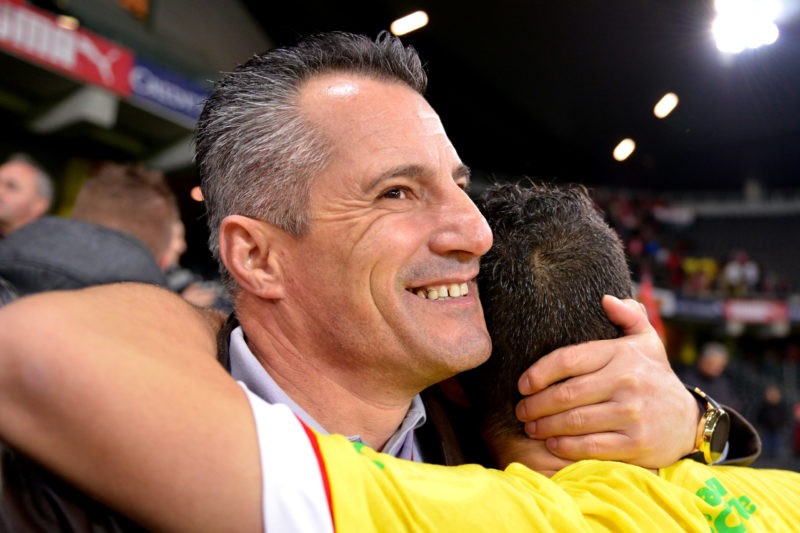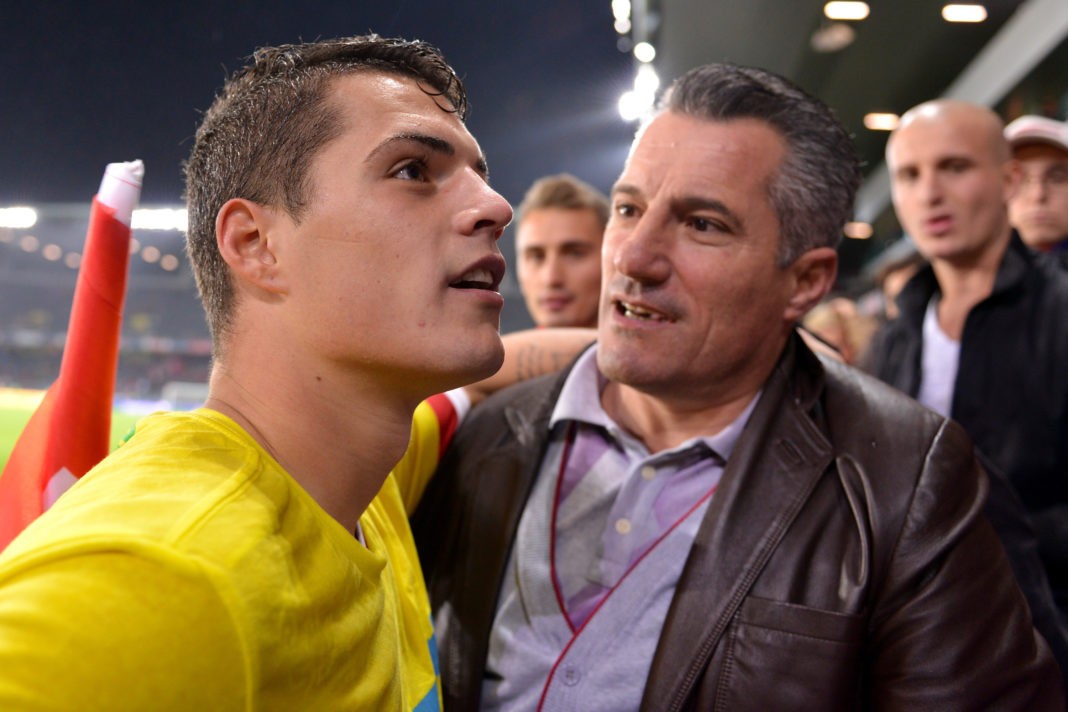Granit Xhaka will collect his 100th Switzerland cap when he captains his country against Kosovo, in a game that means more than just a footballing milestone for the Xhaka family.

Granit Xhaka has made no secret of his connection to Kosovo and, as the 29-year-old gets ready to lead one country out against the other he would have rather played for, his father Ragip has been speaking to Blick about his time during the war.
One of three brothers, Ragip’s story begins in Pristina in the former Yugoslavia in a normal middle-class family.
By the time he was 23, however, his life had changed forever as he was arrested after attending a series of student protests.
“I fell asleep in my bed at home at five in the morning,” Xhaka snr said.
“The policemen climbed over the walls of my parents’ house. My mother asked what they want. “Your son,” they answered and stormed my room.
“I got a terrible shock, it was a life shock. I was given a second to put on pants and a sweater. Then they handcuffed me, put me in the van, and took me to jail.
“They made up some reason that we were violent. But we were just students who wanted to demonstrate peacefully. Then I was put in a cell with four other men.
“[The cell was] Almost four by two meters including a free-standing toilet for all five. We were there 23 hours and 50 minutes a day. We had a yard exercise for ten minutes, but because of prison rules we weren’t even allowed to look at the sky.”
In order to force a confession, Xhaka says, “I was tortured every other day for six months. I was beaten on the palms of my hands, on the soles of my feet, on my legs, on my arms, on my upper body. With police batons, with batons.
“I hadn’t done anything but demonstrated. I was innocent.
“And I felt strong. I thought they should hit me again. But of course, the fear that they would kill me was always there. It was heard from other inmates that they were tortured to death.
“I went to court. There I testified that we are beaten and tortured all the time. Nobody cared, it was all corrupt. I was sentenced to three years in prison.”
You can read the full interview with Ragip Xhaka here.

